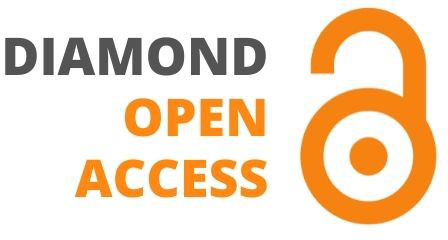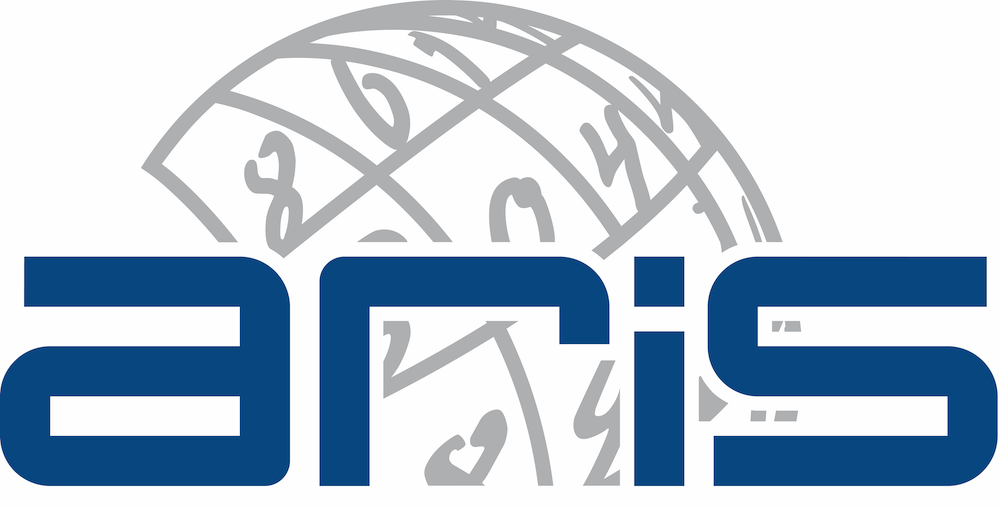Journal of Information Technology in Construction
ITcon Vol. 30, pg. 826-851, http://www.itcon.org/2025/34
Decentralized Data Networks for Lifecycle Management in the Built Environment
| DOI: | 10.36680/j.itcon.2025.034 | |
| submitted: | November 2024 | |
| revised: | May 2025 | |
| published: | May 2025 | |
| editor(s): | Robert Amor | |
| authors: | David F. Bucher, Chair of Circular Engineering for Architecture
Institute of Construction and Infrastructure Management, ETH Zurich, Zurich, Switzerland ORCID: https://orcid.org/0000-0002-1210-1066 bucher@ibi.baug.ethz.ch Jens J. Hunhevicz Dr. Urban Energy Systems Lab Empa, Dübendorf, Switzerland ORCID: https://orcid.org/0000-0002-1296-2384 jens.hunhevicz@empa.ch Brandon S. Byers, Chair of Circular Engineering for Architecture Institute of Construction and Infrastructure Management, ETH Zurich, Zurich, Switzerland ORCID: https://orcid.org/0000-0002-8622-8529 byers@ibi.baug.ethz.ch Meliha Honic, Sustainability Manager STRABAG ORCID: https://orcid.org/0000-0002-8466-7122 meliha.honic-eser@strabag.com Catherine De Wolf, Assistant Professor, Chair of Circular Engineering for Architecture Institute of Construction and Infrastructure Management, ETH Zurich, Zurich, Switzerland ORCID: https://orcid.org/0000-0003-2130-0590 dewolf@ibi.baug.ethz.ch Daniel M. Hall, Assistant Professor, Design and Construction Management Faculty of Architecture and the Built Environment, Delft University of Technology, Delft, Netherlands ORCID: https://orcid.org/0000-0002-0957-484X d.m.hall@tudelft.nl | |
| summary: | The management of lifecycle data poses significant challenges for the built environment, hindering effective transformation toward important concepts such as a circular economy. Many recent scholars propose blockchain technologies as a solution; however, there is almost no investigation into decentralized data networks, which also offer significant potential for lifecycle data management. This might be due to a lack of clarity in understanding the fundamental characteristics and potential use cases for decentralized data networks. Therefore, this paper combines a comprehensive review with inductive reasoning to classify three functional typologies—immutable, comprehensive, and privacy-centric – of decentralized data networks. Through testing with material passport data, we evaluate the practical implications of these typologies for lifecycle data management in the built environment. The findings highlight that decentralized data networks can improve data sovereignty and interoperability, but their effectiveness depends on use-case-specific trade-offs, such as mutability, access control, and storage location control. To navigate these trade-offs, the paper derives a decision framework that guides practitioners and researchers in selecting the most suitable decentralized data network. These insights contribute to a better understanding of decentralized technologies beyond blockchain and provide actionable recommendations for the future of data management in the built environment. | |
| keywords: | Lifecycle Data Management, Decentralized Data Networks, Blockchain, Circular Economy, Web3 | |
| full text: | (PDF file, 1.256 MB) | |
| citation: | Bucher D F, Hunhevicz J J, Byers B S, Honic M, De Wolf C, Hall D M (2025). Decentralized Data Networks for Lifecycle Management in the Built Environment. Journal of Information Technology in Construction (ITcon), 30, 826-851. https://doi.org/10.36680/j.itcon.2025.034 | |
| statistics: |





